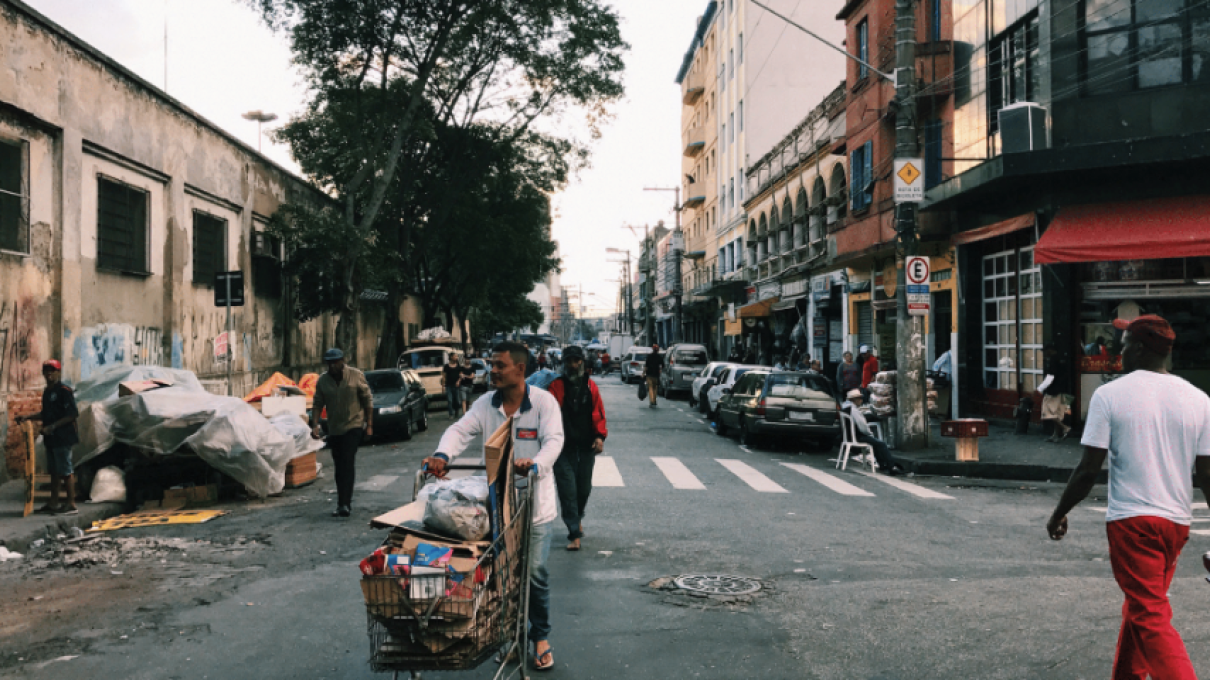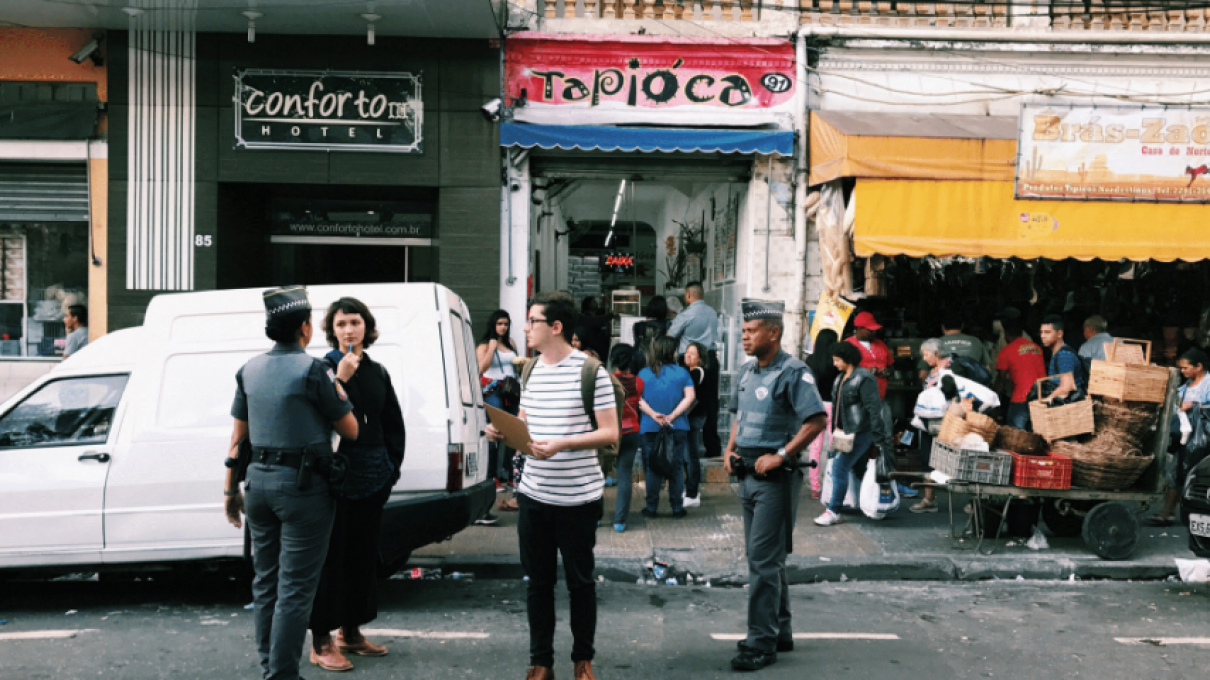The commitment by the government to building affordable housing through the “Mi Casa Mi Vida” initiative in São Paulo has been widely criticized for several reasons. The failures of these projects on urban peripheries have been well documented, including the limited access to employment and services that are critical to these inhabitants, and poor construction. The program continues despite being considered an expensive failure. This workshop addressed these concerns by developing models for affordable inner-city housing in São Paulo, Brazil. While proximity to the city addresses many of the issues mentioned above, it presents its own set of challenges – expensive land; pre-existing culture, built form and economic activity; and a complex web of zoning, land-use, and financial issues – all of which were tackled during this workshop.
Deriving from the Brazilian housing program, Casa Paulista, launched by the State of São Paulo in 2012 to promote the provision of housing units in the city’s expanded downtown area, this workshop explored ways in which affordable housing can realistically be incorporated into existing urban fabric and corresponding socioeconomic and legal frameworks. Students examined planning and urban design solutions for accommodating approximately 3,700 housing units in the sector Brás, designated as a site for the Casa Paulista program. Working with existing zoning and financing mechanisms, they explored the potential application of new typologies for affordable housing at the scale of the neighborhood and the block.
Collaborators: Arq.Futuro, Faculty of Architecture and Urbanism at the University of São Paulo, MIT Brazil Program, MIT Humanities, Arts, and Social Sciences

